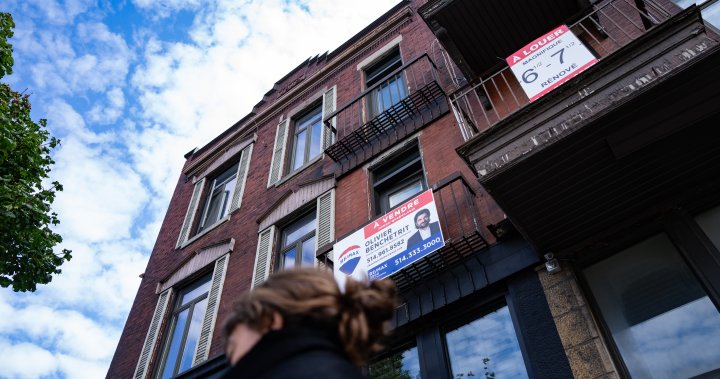Young Canadians are holding fast to the dream of buying a home, even as overall rates of ownership are falling sharply, according to a new poll released by Scotiabank Tuesday.
The polling shows a steep decline in young homeowners over the past three years as housing unaffordability issues dogged would-be buyers. Some 26 per cent of Canadians aged 18 to 34 own a home today, down from 47 per cent in 2021, according to the poll.
At the same time, 29 per cent of respondents in that age group reported they were living at home with parents or family, up nine percentage points from three years ago. The number of renters was similarly higher among youth, up to 43 per cent from 29 per cent in 2021.



Ah, the Canadian housing bubble Wikipedia article talks about some of the points I raised:
https://en.wikipedia.org/wiki/Canadian_property_bubble
That “snowball” is referring to a bubble popping. And this also mentions the five-year mortgage factor: